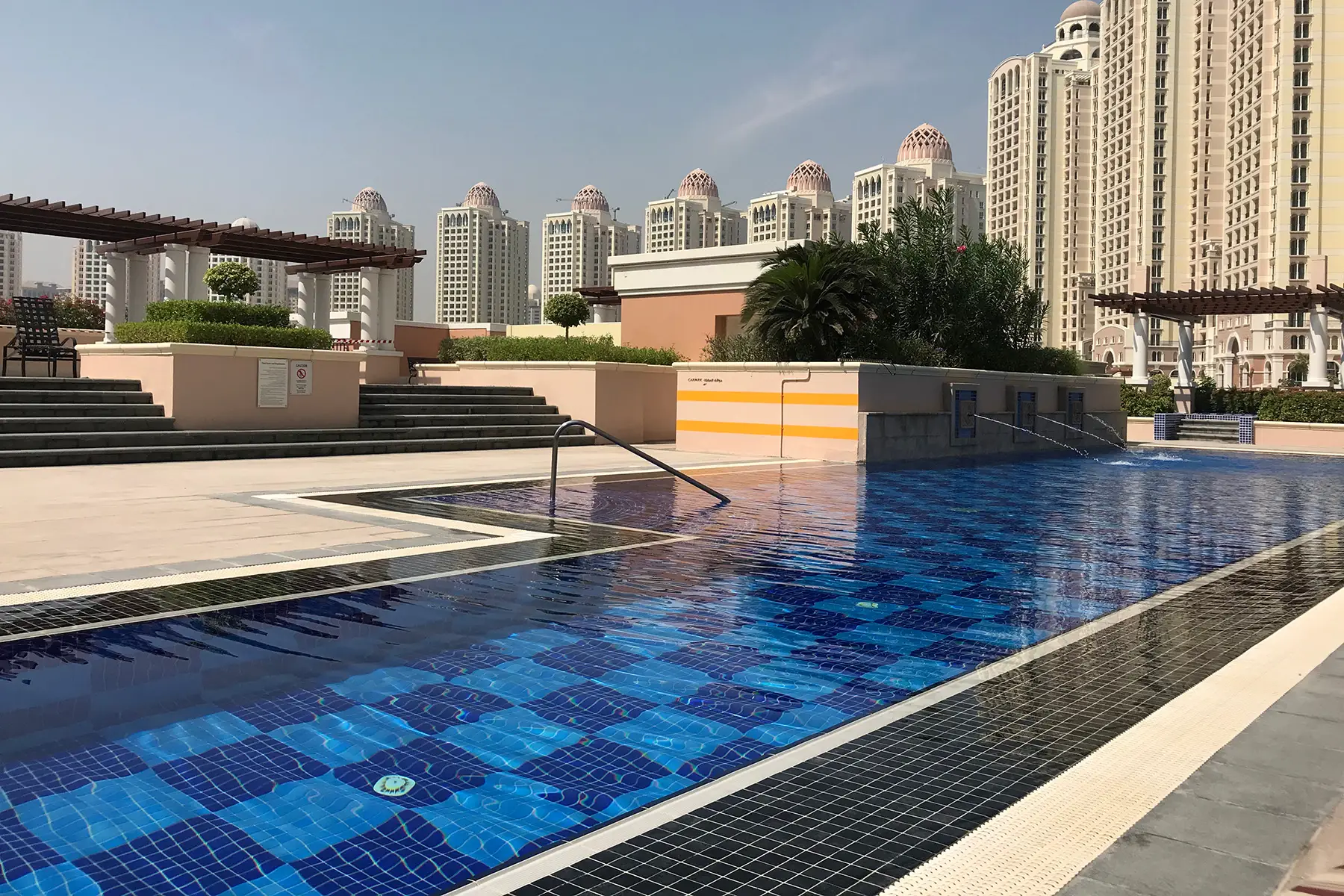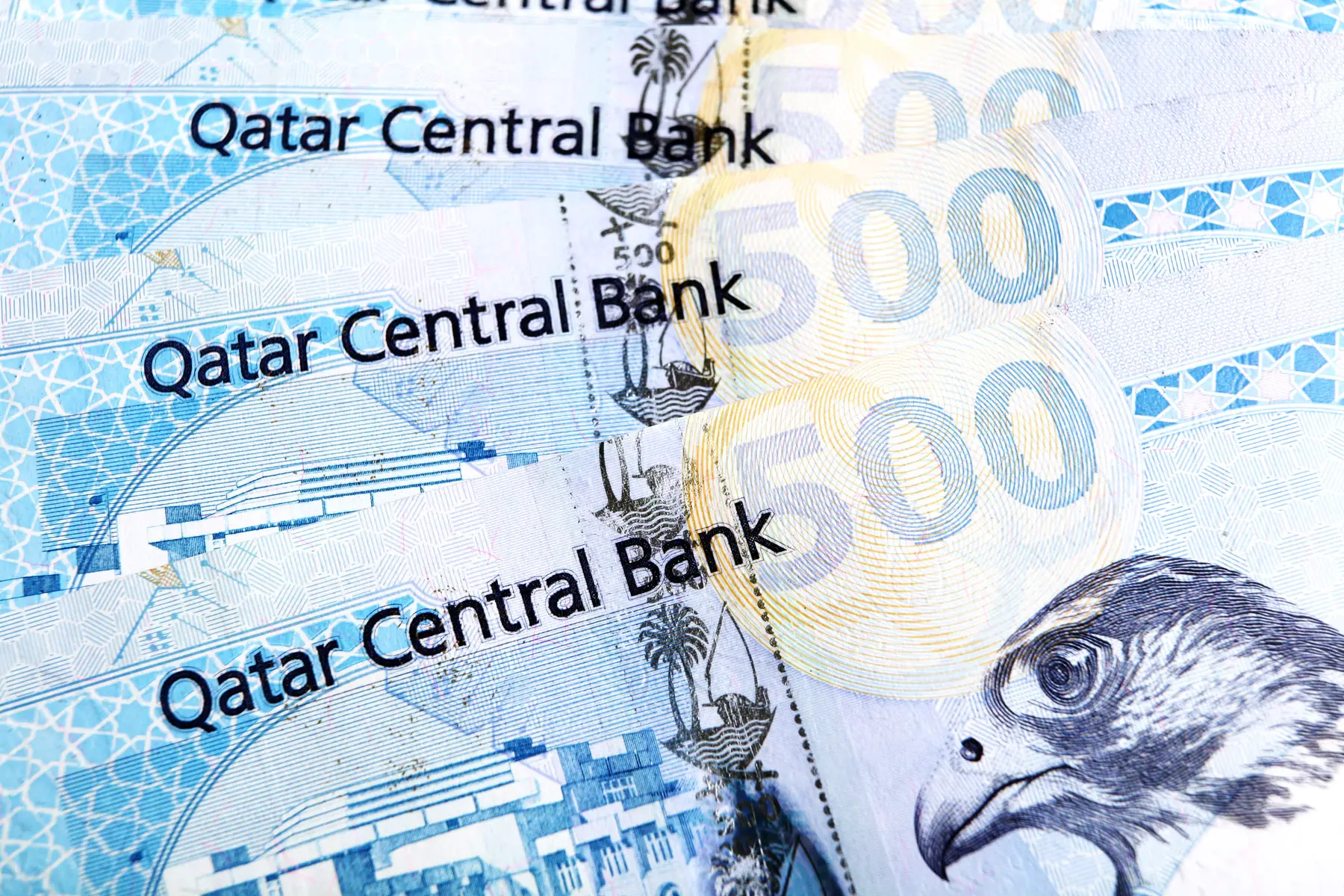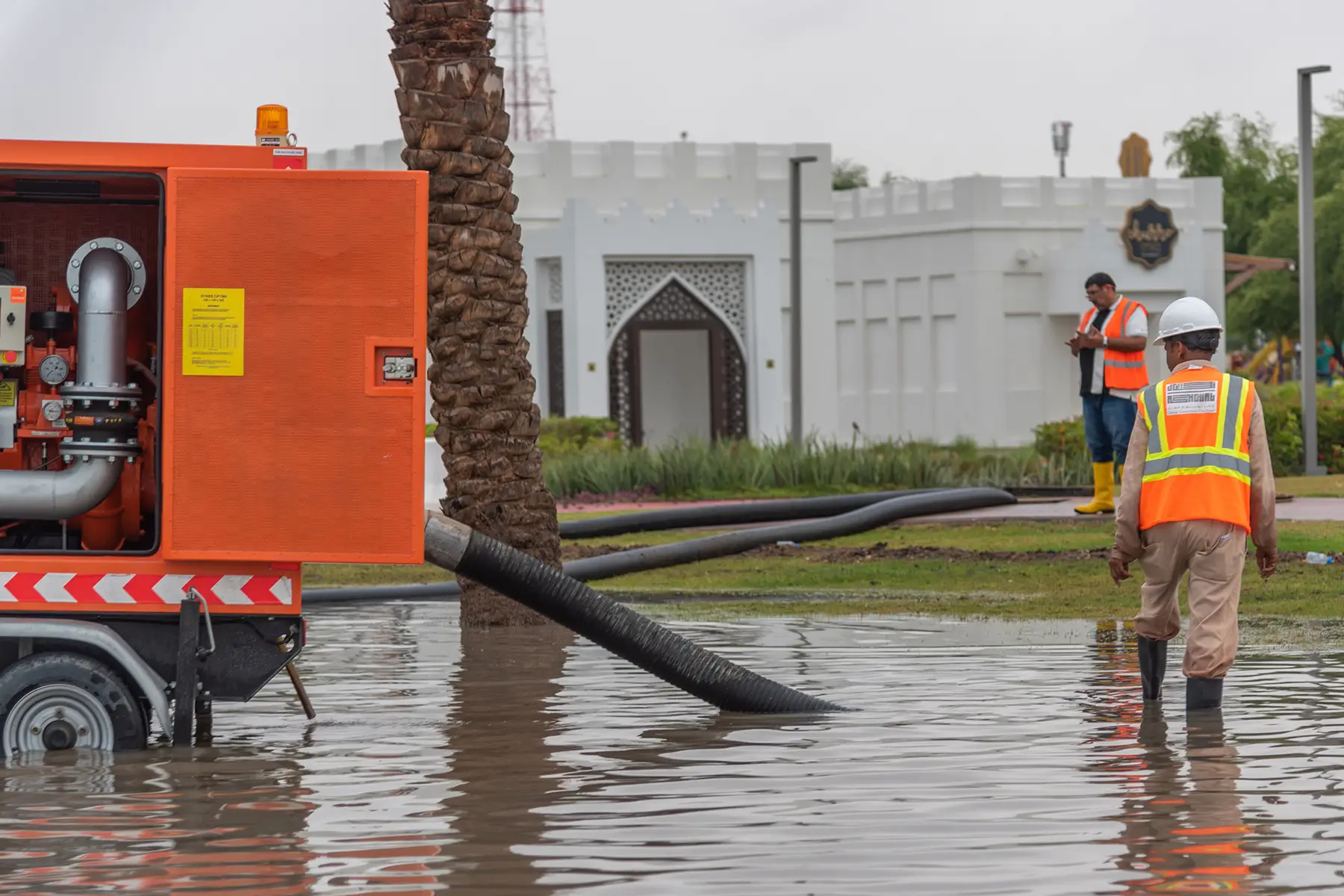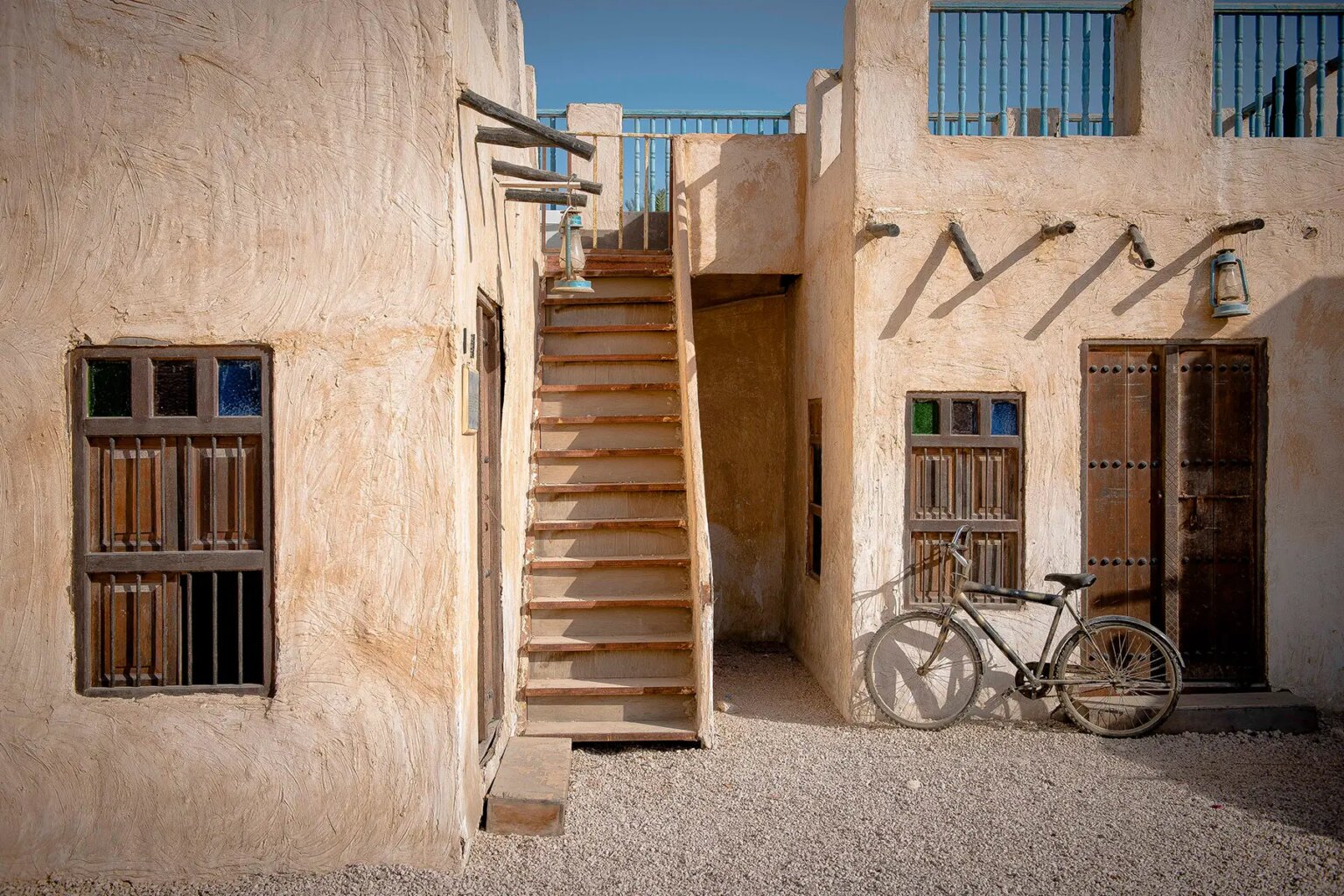The mortgage system in Qatar can be complicated, with rules in place on how much foreigners can borrow and affordability criteria varying between banks. This helpful guide to mortgages in Qatar includes the following information:
- Mortgages in Qatar
- Should you buy property in Qatar?
- Who can get a mortgage in Qatar?
- Types of mortgages in Qatar
- Mortgage rates in Qatar
- How much can you borrow for a Qatari mortgage?
- How to apply for a mortgage in Qatar
- Mortgage costs in Qatar
- Property insurance in Qatar
- Mortgage repayments in Qatar
- Refinancing a mortgage in Qatar
- Useful resources
Mortgages in Qatar
Expats have been allowed to buy properties in Qatar for the last 15 years, although uptake in the mortgage market has been slow.

This could be set to change, however, with preferential residency rules on offer for foreign buyers who purchase homes in the country.
Qatar’s Central Bank sets strict laws on mortgage lending, with expat borrowers allowed to spend a maximum of 50% of their monthly salary on mortgage payments; and mortgage terms of more than 20 years outlawed.
In addition, expats can only borrow up to 70% of a property’s value; this means you will need a significant deposit to get on to the Qatar property ladder.
Should you buy property in Qatar?
Whether you should buy or rent in Qatar largely depends on how long you are planning to live in the country. Finding the ideal home for you and your family, as well as finding the right neighborhood to live in, are also relevant factors.
Expats looking to stay more than five years or secure permanent residence in Qatar might find buying a home to be a solid long-term investment.
The property market has slowed over the last couple of years, however, real estate experts believe house prices could increase significantly ahead of the state hosting the 2022 FIFA World Cup.
Are expats allowed to buy property in Qatar?
Expats have been allowed to purchase properties in Qatar since 2004, albeit with restrictions. First of all, foreign buyers can only purchase homes in a specific set of freehold and leasehold developments around the country.
Leasehold properties are usually available with a 99-year lease, which can then be extended for a further 99 years and transferred to any heirs. There are currently 18 designated leasehold developments that are available to foreign purchasers.
Of the main freehold areas, Lusail City and Al Khor are among the more budget-friendly options; meanwhile, Onazia and West Bay Lagoon offer more luxury properties with higher prices.
Previously, residency status for expats was linked to job status, however, the Qatari government has moved to encourage longer-term foreign investment in property.
Since 2018, expats have been able to gain a residency card by buying a property worth at least QAR 728,000.
Despite this, data from the sharia-compliant Al Rayan Bank shows that British expats working in Qatar are increasingly buying properties back in the UK; with nearly a fifth of the bank’s expat customers based in the state.
Buying off-plan in Qatar
It is common for expats to buy brand-new properties in Qatar, and off-plan purchases are the norm. Buying off-plan comes with risks for both the buyer and borrower, such as delays in construction and hidden costs.
For instance, developers will often levy service charges for maintenance of the apartment block and amenities such as car parking spaces. Therefore, it is important to get everything in writing before agreeing on a purchase.
When buying a home in Qatar you won’t need to pay any property taxes, although a transfer fee of 0.25% of the property’s value is levied.
Who can get a mortgage in Qatar?
Expats can take out a mortgage in Qatar with an international or local bank, however, options in the former category can be limited.
This is because new laws introduced in 2016 mean that European lenders must now factor in the possibility of currencies fluctuating when they assess applications.
This change has led to some Qatari banks abandoning borrowers in countries with less common currencies.
Types of mortgages in Qatar
It is possible to get both fixed and variable-rate mortgages in Qatar.
Some deals will charge a set amount for the whole term of the loan, while others offer a cheaper introductory rate for a set number of months or years; after which the rate will become variable.
For example, the Commercial Bank of Qatar offers a reduced rate for the first 18 months of some of its mortgages; after which a variable rate kicks in for the remainder of the term.
Development-exclusive mortgages in Qatar
Some property developers in Qatar have exclusive agreements with banks. This means that, depending on where you are buying a home, you might only have one choice of lender from which to apply for a mortgage.

There can be some upsides, however. For example, these exclusive deals sometimes come with incentives for buyers, so you might benefit from a cheaper rate.
Green mortgages in Qatar
Doha Bank recently launched Qatar’s first ‘green’ mortgages, which offer preferential rates on homes that are certified as energy-efficient.
As well as offering a lower rate, these deals also include zero management fees, complimentary fire insurance, and a free credit card.
Mortgage rates in Qatar
Non-residents taking out mortgages in Qatar will usually need a deposit of at least 30%. The rate you will get depends on how much you are borrowing, your income, and the size of your deposit.
- Doha Bank: mortgages are available for expats aged 21-65, subject to minimum earnings of QAR 15,000 a month. 20-year maximum mortgage terms apply, and rates start at 2.86%;
- Qatar Islamic Bank (QIB): offers loans to expats with an income of at least QAR 10,000 a month. Sets a maximum age limit of 60 and mortgage repayments can’t be more than 50% of the borrower’s salary;
- Qatar National Bank (QNB): requires a minimum income of QAR 15,000, and the borrower must be a maximum of 60 years old at the end date of the loan. Rates start at 2.68%;
- Ahlibank: expats can borrow from QAR 400,000 on terms of up to 20 years.
Commercial Bank of Qatar and HSBC are among the other major lenders who offer loans to expats in Qatar.
How much can you borrow for a Qatari mortgage?
Although some lenders are expat-friendly, they will still set limits on how much foreign buyers can borrow.

For example, Qatar National Bank allows locals to take out loans of up to QAR 12.5 million, while expats can only borrow QAR 3 million.
Doha Bank, meanwhile, sets limits of QAR 5 million and QAR 4 million respectively.
Banks take the following factors into account when considering how much to lend you:
- the value of the property;
- the ability of the borrower to repay the loan;
- the borrower’s employment history and job stability;
- the borrower’s monthly income
Check out the loan calculator from Doha Bank to get an idea of how much you might be able to borrow.
How to apply for a mortgage in Qatar
You can usually get a mortgage agreement in principle before you make an offer on a property. This will allow you to know how much you will be able to borrow before starting your property search.
The exact amount you will be able to borrow won’t be confirmed until the bank has conducted a value assessment of the specific property you are attempting to buy.
Banks usually require the following before giving you a mortgage:
- proof of income
- bank statements from the last six months (if you bank with a different provider)
- passport and valid residence permit
- a property valuation report
- a copy of the property’s title deed
- proof of buildings insurance
- a declaration from the property developer (if applicable)
Lenders will often require you to move your bank account to them before offering you a mortgage.
Mortgage applications are usually processed within seven days of the documents being received by the bank.
Mortgage costs in Qatar
Mortgages in Qatar don’t usually come with up-front fees, provided that the borrower takes out a bank account with the same lender.
Some fees can be applicable, however. For example, Ahlibank charges QAR 50 for deferring an installment or QAR 100 for a late payment.
Property insurance in Qatar
Homebuyers in Qatar require both life insurance and property insurance before they take out a mortgage. You will usually need to take out these policies with the bank offering you the mortgage.

Property insurance is often known as buildings insurance elsewhere. It covers the cost of rebuilding the property if it suffers from structural damage in the future.
How much you need to pay for property insurance depends on the cost of the homes. Charges can be levied as a flat or annual fee, or as a percentage of the overall mortgage value.
Mortgage repayments in Qatar
Mortgage repayments are usually taken on a monthly basis from the borrower’s bank account.
Some banks don’t charge early repayment fees, however, others charge them as a percentage of the loan.
Doha Bank charges 2% if the loan is settled in the first five years, and 1% if settled thereafter. Commercial Bank of Qatar charges 1.5% in the first three years, then 1% thereafter.
Refinancing a mortgage in Qatar
Some lenders will offer incentives for existing mortgage-holders switching their deal to them.
For example, Doha Bank offers up to QAR 10,000 cashback to people buying out their loans and facing early settlement charges.



